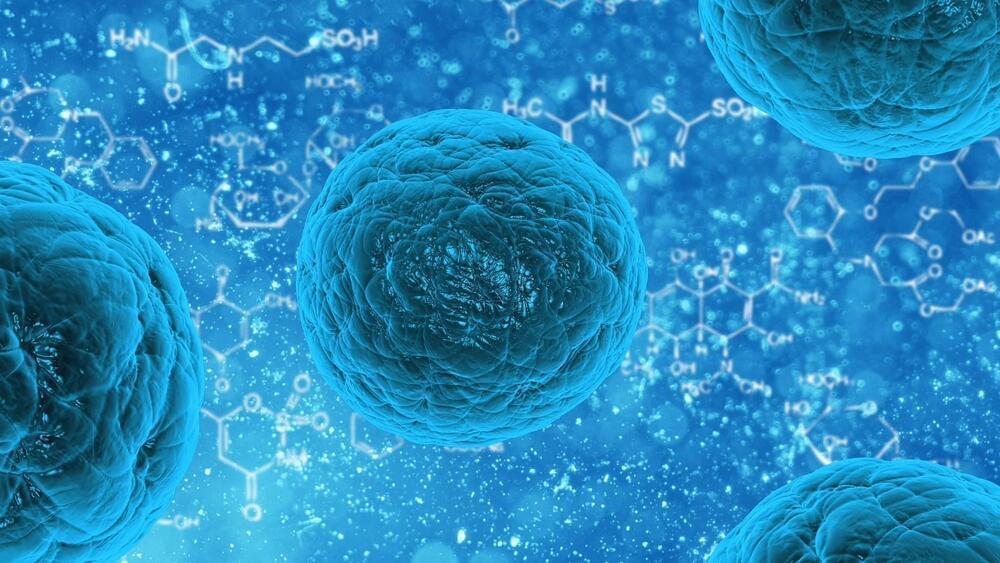The application of mechanic forces to the cell nucleus affects the transport of proteins through the nuclear membrane, an action that controls cellular processes and could play a key role in several diseases such as cancer. These findings draw a new scenario for understanding how the mechanic forces drive the progression of cancer and open the doors to the design of potential innovative techniques—both diagnostic and therapeutic. This is the conclusion of a study published in the journal Nature Cell Biology led by lecturer Pere Roca-Cusachs, from the Faculty of Medicine and Health Sciences of the University of Barcelona, the Institute of Nanoscience and Nanotechnology of the UB (IN2UB) and the Institute for Bioengineering of Catalonia (IBEC).
The cells in the body receive mechanical stimuli from their environment and respond accordingly regarding decisions on how and when to grow, move and differentiate. The process is known as mechanotransduction and it is critically important for the cell function and for human health.
The study reveals that the direct application of force to the nucleus can affect the spatial organization of the DNA and the activity of nuclear proteins, among other functions. When cancer cells invade the organs and metastasis appears, these create physical forces that are transmitted to the cell nucleus.
